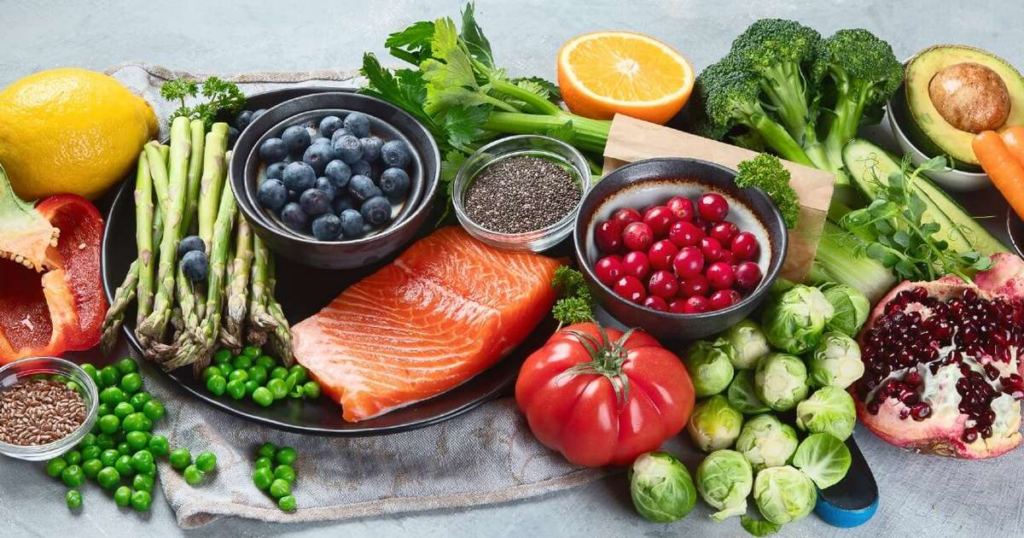Feeling sluggish and low on energy? Your diet might be to blame. The foods you eat play a crucial role in fueling your body and mind, and making smart nutritional choices can help you fight fatigue and boost your energy levels. In this article, we’ll explore a variety of foods that are known for their energizing properties, helping you recharge your body and tackle your day with vitality and vigor.
Understanding the Role of Nutrition in Energy Levels
Nutrition is the fuel that powers your body, providing the essential nutrients needed for optimal functioning. When you consume a balanced diet rich in vitamins, minerals, carbohydrates, proteins, and healthy fats, you provide your body with the energy it needs to perform its various functions effectively. On the other hand, a diet high in processed foods, sugars, and unhealthy fats can lead to energy crashes and feelings of fatigue.
Energizing Foods to Add to Your Diet
- Complex Carbohydrates: Foods like whole grains, fruits, and vegetables are rich in complex carbohydrates, which provide a steady source of energy without causing blood sugar spikes and crashes. Incorporate foods like oats, quinoa, sweet potatoes, and bananas into your meals to sustain energy levels throughout the day.
- Lean Proteins: Protein is essential for muscle repair and growth, and including lean protein sources in your diet can help stabilize blood sugar levels and prevent energy dips. Opt for foods like chicken breast, fish, tofu, lentils, and Greek yogurt to keep you feeling full and energized.
- Healthy Fats: Omega-3 fatty acids found in foods like salmon, walnuts, flaxseeds, and avocados are known for their anti-inflammatory properties and ability to support brain health. Including healthy fats in your diet can help improve cognitive function and mental clarity, keeping you focused and alert.
- Fiber-Rich Foods: Foods high in fiber, such as beans, lentils, whole grains, and fruits, help regulate digestion and promote a steady release of energy. Aim to include fiber-rich foods in every meal to maintain optimal digestive health and prevent energy crashes.
- Hydration: Staying hydrated is essential for maintaining energy levels and preventing dehydration, which can lead to feelings of fatigue and lethargy. Drink plenty of water throughout the day, and consider incorporating hydrating foods like cucumbers, watermelon, and oranges into your diet.
FAQs (Frequently Asked Questions)
- What are some quick and easy snacks to boost energy levels? Quick and easy snacks to boost energy levels include trail mix, Greek yogurt with berries, apple slices with almond butter, and whole grain crackers with hummus.
- Are there any specific foods to avoid for sustained energy? Foods high in refined sugars and processed carbohydrates, such as sugary snacks, white bread, and sugary drinks, can cause energy crashes and should be consumed in moderation.
- How can I maintain energy levels throughout the day without relying on caffeine? To maintain energy levels without relying on caffeine, focus on consuming a balanced diet rich in whole foods, staying hydrated, getting regular exercise, and prioritizing quality sleep.
- Is it possible to get enough energy from food alone, or do I need to take supplements? While a balanced diet can provide most of the nutrients needed for sustained energy, some individuals may benefit from supplements like vitamin B12 or iron if they have deficiencies. It’s essential to consult with a healthcare professional before starting any new supplements.
- What are some lifestyle changes I can make to improve my energy levels? In addition to eating a balanced diet, getting regular exercise, managing stress levels, prioritizing sleep, and practicing relaxation techniques like meditation and deep breathing can all help improve energy levels and combat fatigue.

